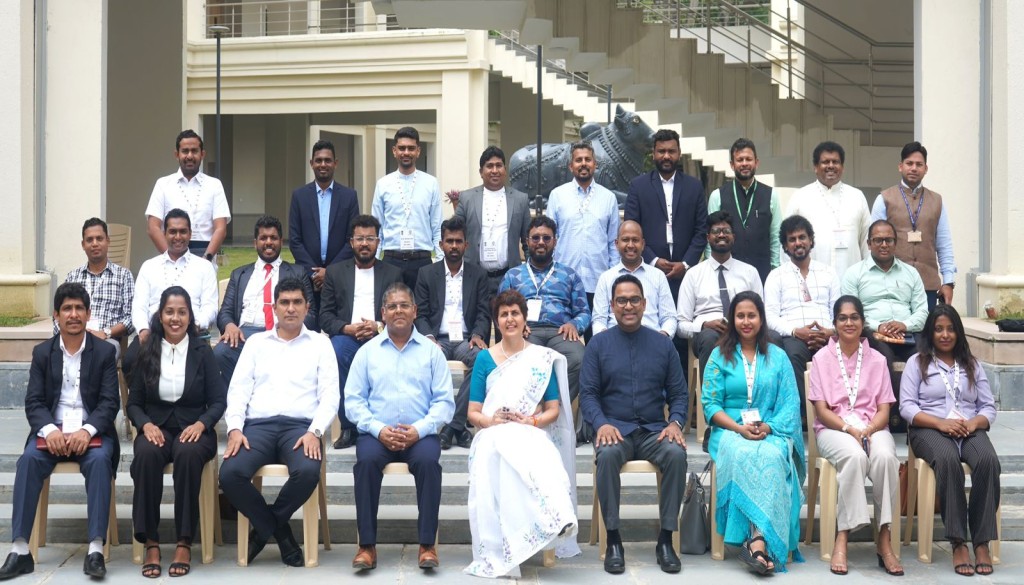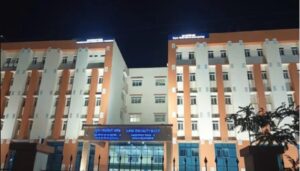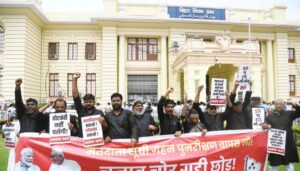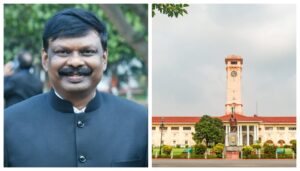
Gaya: In a bid to foster regional cooperation and democratic dialogue, the Indian Institute of Management (IIM) Bodh Gaya welcomed 24 emerging political leaders from Sri Lanka as part of the Indian Council for Cultural Relations’ (ICCR) Young Political Leaders Programme (YPLP).
The initiative, under India’s flagship cultural diplomacy efforts, brings together a diverse cohort of Sri Lankan parliamentarians, local councillors, youth leaders, and legal professionals. Representing 15 political parties across ethnic and regional lines — including National People’s Power (NPP), Janatha Vimukthi Peramuna (JVP), Samagi Jana Balawegaya (SJB), Sri Lanka Podujana Peramuna (SLPP), and Ilankai Tamil Arasu Kachchi (ITAK) — the group reflects the pluralistic makeup of Sri Lankan politics.
Speaking at the inauguration of the programme, IIM Bodh Gaya director Professor Vinita Sahay said: “This is not merely an exchange of knowledge, but a forging of democratic kinship. As future leaders of South Asia engage with each other at IIM Bodh Gaya, they are laying the groundwork for a region defined by cooperation, empathy, and shared progress.”
The training, held on 21 July, included sessions on building public institutions, emotional intelligence in leadership, policy execution, and collaborative governance. Delivered through lectures, simulations, and case studies, the module was designed to equip participants with practical insights into public leadership from both Indian and Sri Lankan perspectives.
Sri Lankan Member of Parliament and attorney Chitral Fernando described the programme as a “transformative experience,” highlighting the relevance of mindfulness and emotional intelligence to public service back home.
Alongside the academic curriculum, the delegation visited the Mahabodhi Temple and nearby monasteries, engaging with the spiritual heritage of the region.
The Bodh Gaya visit follows the group’s initial engagements in New Delhi, where they interacted with Indian lawmakers and officials, and visited institutions including the Indian Parliament, IIT Delhi, JNU, and NDTV. The next leg of the programme takes the delegation to Bengaluru, where they are scheduled to tour the Indian Institute of Science (IISc), ISRO, and leading technology firms such as Infosys and Tata Elxsi.
IIM Bodh Gaya’s selection to anchor the leadership module underlines its growing reputation in public policy education. The institute, known for its emphasis on experiential learning and socially responsible leadership, is increasingly positioning itself as a hub for regional academic diplomacy.







